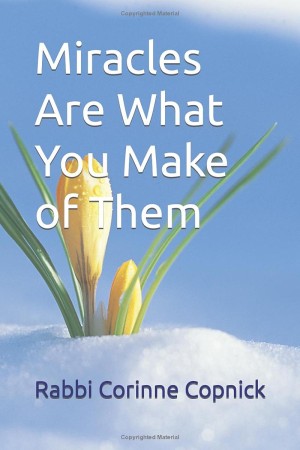This volume demonstrates why Rabbi Aharon Lichtenstein was considered not only a role model of integrated religious and secular thought, but also a singular religious humanist. It contains twelve different presentations delivered as the Hausman/Stern Kinnus Teshuva lectures at the Gruss Institute in Jerusalem from 1989 to 2008, as well as discussions leading up to the Days of Awe at Kehilath Jeshurun in Manhattan in 1992 and 1997.
In addition to his deep knowledge on a wide array of topics in the Bible and Talmud, as well as Jewish law, thought, and contemporary life, Rabbi Lichtenstein was also intimately familiar with classical and literary moral thought. Throughout the talks transcribed in this book, he quotes liberally from such luminaries as Socrates, Augustine, Erasmus, Spenser, Shakespeare, Milton, Byron, Wordsworth, James, and C. S. Lewis, using their writings to articulate and clarify the ideas encountered in traditional Jewish sources.
While teshuva (repentance) is not a commandment unique to Jewish religious tradition, Rabbi Lichtenstein illustrates the particularly Jewish implications of this mitzvah. How is repentance a manifestation of the quest for religious truth? Must teshuva be total, or can it be meaningful when only partial? What are the factors that impel an individual to repent? Where the author’s approach is truly unique, however, is in his exploration of the emotional dynamics of repentance. Can teshuva be achieved by someone who is considered “mediocre”? How does repentance that comes about as the result of a crisis differ from that occurring under “normal” conditions? Can pride be channeled constructively in order to achieve teshuva?
The most surprising and meaningful presentation appears as the final chapter of the book, “Teshuva and Joy.” Rabbi Lichtenstein admits that most traditional sources depict the penitent in mournful, suffering terms — and because of this, it’s easy to believe that repentance should be informed by considerable sadness and regret. But, employing a number of counterexamples, the author concludes, “Can there by any greater source of joy than your opportunity to be Chozer BeTeshuva, a penitent, as well as actually being one? The sinner has access, an appointment with God. With all the sense of dependency, defilement, and failure, you are nevertheless ‘a prisoner freeing himself from prison.’ Shall we not rejoice at the privilege afforded us?” Rabbi Lichtenstein stresses that while teshuva has many unique aspects to it, it is also representative of serving God in general. If teshuva ought to be joyful, so too should the fulfillment of any and all other mitzvot.
This collection gives unique insight into Rabbi Lichtenstein’s methodology and thought processes, as well as the ever-important topic of repentance.





